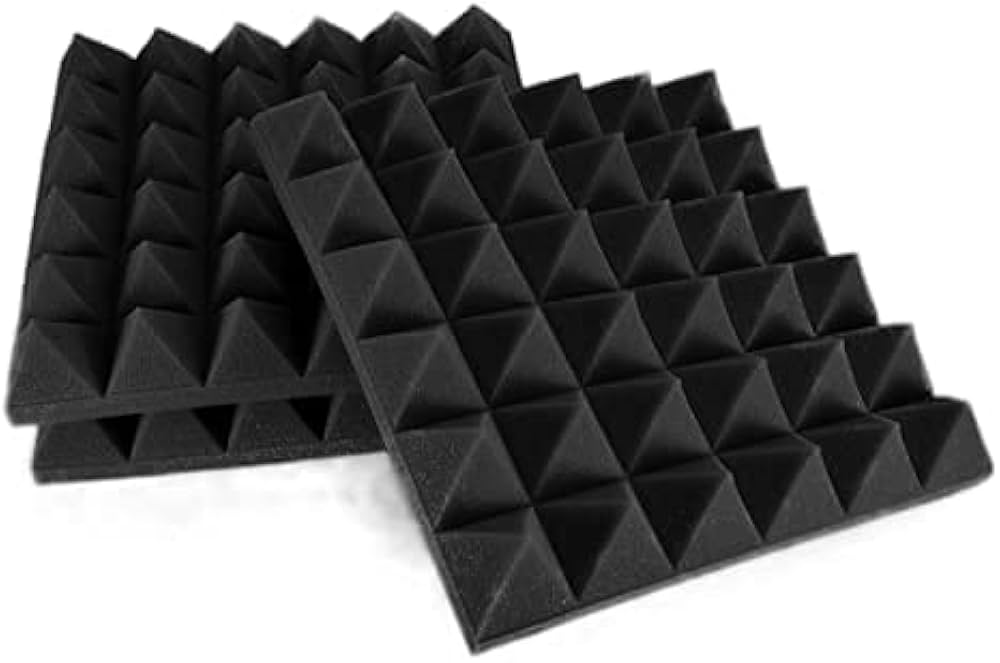Noise is a constant issue in modern business environments, from open-plan offices to busy restaurants. Soundproof panels are often touted as a quick and affordable fix, but do they truly deliver the results businesses need, or are they just another overhyped trend? Let’s break down the pros, cons, and limitations of soundproof panels to see if they’re really worth the investment.
The Promise of Soundproof Panels
Soundproof panels are designed to absorb sound and reduce reverberation, creating quieter and more comfortable environments. Made from materials like foam, mineral wool, or fabric, they’re marketed as an easy way to manage noise levels in everything from meeting rooms to public spaces.
What Soundproof Panels Do Well
Soundproof panels are often seen as a simple and effective solution for managing noise in various environments. While they may not be the ultimate fix for all sound issues, they certainly have their strengths.
Improved Productivity
Reducing background noise can help employees concentrate better, leading to increased productivity. Soundproof panels work particularly well in office environments where distractions from phone calls, chatter, or ambient noise can hinder focus.
Better Communication in Meetings
In spaces where clear communication is crucial, such as conference rooms or client-facing areas, soundproof panels help reduce echoes and improve speech clarity. This can lead to more effective meetings and less frustration.
Aesthetic Appeal
Soundproof panels come in various designs and finishes, meaning they can be an attractive addition to your space. Unlike bulky soundproofing solutions, panels can blend seamlessly with your interior decor, offering both form and function.
The Limits of Soundproof Panels
While soundproof panels can be highly effective for some uses, they are not a one-size-fits-all solution. Here’s where they fall short:
Ineffective Against Low-Frequency Noise
Soundproof panels excel at absorbing high-frequency noise, such as voices or foot traffic. However, they are not as effective at blocking low-frequency sounds like traffic, heavy machinery, or HVAC noise. These sounds require denser materials to absorb or block them effectively.
Partial Noise Reduction
While soundproof panels can absorb sound within a room, they don’t block noise from entering or leaving the space. If external noise, like street sounds or construction, is a major issue, you might need additional soundproofing measures like double-glazed windows or thick wall insulation.
Ongoing Costs and Maintenance
Although soundproof panels are generally affordable, installation costs can add up, especially for larger spaces. Additionally, maintaining the panels, particularly fabric-covered ones, can be a hassle, as they require regular cleaning to prevent dust buildup.
Are Soundproof Panels Worth the Investment?
Soundproof panels provide value for businesses dealing with moderate noise issues and who want a cost-effective way to reduce distractions. They’re especially beneficial in offices, conference rooms, and spaces where clear communication is needed. However, businesses facing significant external noise or low-frequency disturbances may find soundproof panels lacking on their own.
When Soundproof Panels Make Sense:
- Office Environments: For open-plan offices or co-working spaces, soundproof panels can reduce noise and improve focus.
- Meeting and Conference Rooms: Clear communication is essential, and soundproof panels can help ensure better acoustics for important discussions.
- Design and Aesthetics: If you need to manage noise without compromising on style, soundproof panels can serve both as a functional and decorative element.
Maximising the Effectiveness of Soundproof Panels
To get the most out of your investment, consider these tips:
- Strategic Placement: Install panels in key areas where noise is most disruptive, such as walls facing external noise or places where multiple conversations are happening.
- Combination with Other Solutions: Pair soundproof panels with other noise reduction methods, like thick curtains or noise-reducing flooring, for a more comprehensive approach.
- Quality Over Quantity: Choose panels that are specifically designed for your needs, whether that’s absorbing echo or blocking external noise.
Conclusion
Soundproof panels are a valuable tool for businesses seeking to manage noise, improve acoustics, and create a more productive environment. However, they are not a complete solution for all noise-related issues. For high-level noise reduction, particularly with low-frequency or external sounds, additional measures may be needed. By understanding both their benefits and limitations, businesses can make a more informed decision on whether soundproof panels are the right investment for their needs.

